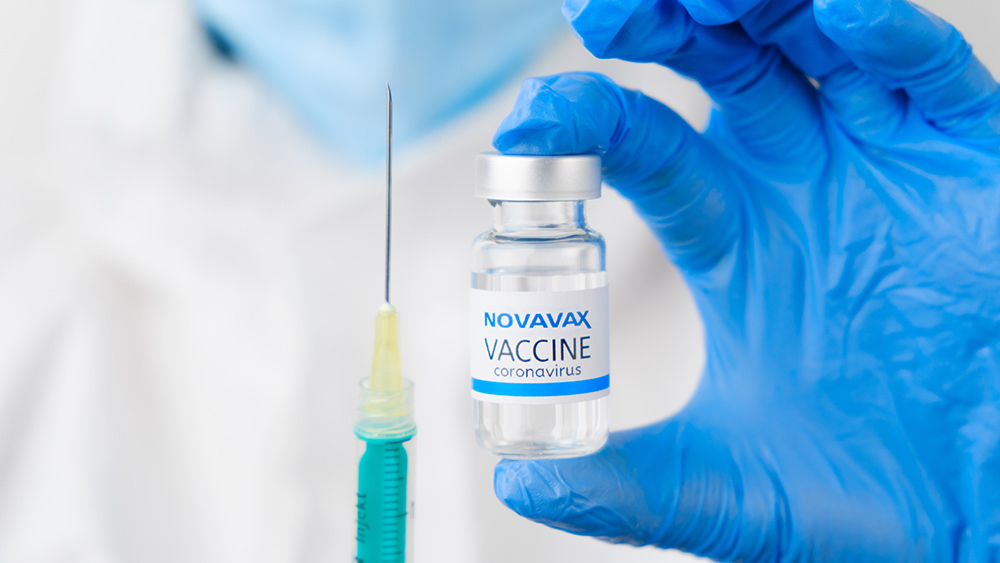 Parler
Parler Gab
Gab
Adderall overdose could be fatal
The thing is, Adderall is habit-forming and is prone to be consumed in excess of what's prescribed. In fact, the federal government classifies Adderall as a Schedule II drug, the same as cocaine. That means the potential for abuse is high. When this happens, an overdose may arise and endanger a person's life. Overdose symptoms may include restlessness, tremor, muscle twitches, rapid breathing, confusion, hallucinations, panic, aggressiveness, muscle pain or weakness and dark-colored urine. Stimulants like Adderall are also known to cause stroke, heart attack and even sudden death in people with high blood pressure or other health ailments. (Related: Adderall has extreme side effects, but FDA says keep taking it.) Just like any other medicine, Adderall is not suitable for everybody, especially those with glaucoma, an overactive thyroid, high blood pressure, heart disease, allergy to stimulants or a history of drug or alcohol addiction. Breastfeeding mothers must also refrain from taking Adderall as it may cause premature birth, low birth weight and withdrawal symptoms in the newborn. It is also found to impede the growth of infants and children. Adderall may also hinder critical thinking or slow down reaction time. It is also advisable that those taking it must refrain from drinking fruit juices or taking vitamin C at the same time because these can make the body absorb less of the medicine. Common side effects of Adderall include stomach pain, loss of appetite, weight loss, mood changes, nervousness, fast heart rate, headache, dizziness, insomnia, dry mouth and narcolepsy, a chronic sleep disorder characterized by daytime drowsiness and sudden bouts of sleepiness. Adderall overdose may cause serious side effects that could be fatal. That's why its users must look out for signs of health problems like chest pain, trouble breathing, hallucination and paranoia. There are also circulation problems to consider like numbness, pain, chills, unexplained wounds, skin color changes, convulsions, muscle twitches or blurry vision. Because of its potency and accessibility, Adderall is considered an addictive prescription stimulant. Over time, those habitually using Adderall develop a tolerance to the drug and are unable to function normally without it. That's why, as time passes by, Adderall users also raise their consumption to get the same effect. Watch the video below to learn how to cope with ADHD. This video is from the jroseland channel on Brighteon.com. Other related articles: Is ADHD drug causing epidemic of Wall Street suicides? Before his death, father of ADHD admitted it was a fictitious disease. Ditch the addictive Adderall: What is ADHD and can changing your diet reverse it? Sources include: ZeroHedge.com TheEpochTimes.com Brighteon.comWinter worries: Finnish grid operator warns of possible power outages this winter in Finland
By Mary Villareal // Share
Governments continue to obscure COVID-19 vaccine data amid rising concerns over excess deaths
By patricklewis // Share
Tech giant Microsoft backs EXTINCTION with its support of carbon capture programs
By ramontomeydw // Share
Germany to resume arms exports to Israel despite repeated ceasefire violations
By isabelle // Share










